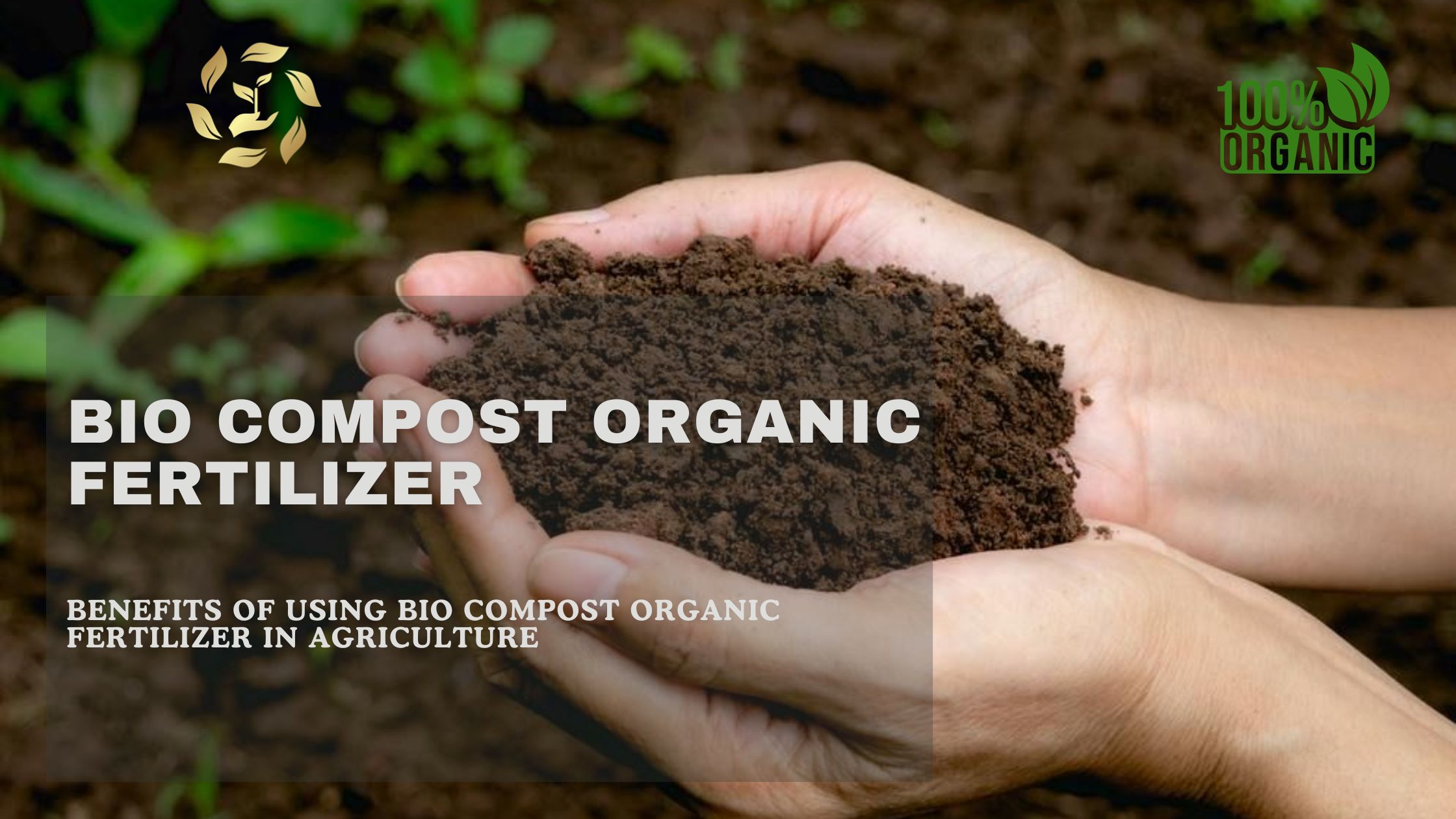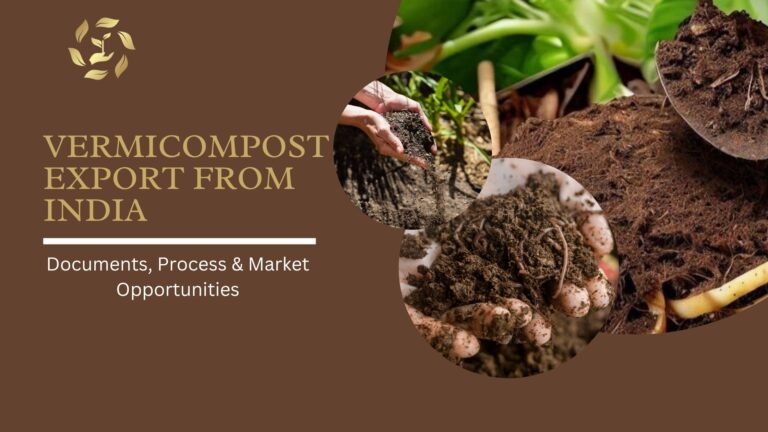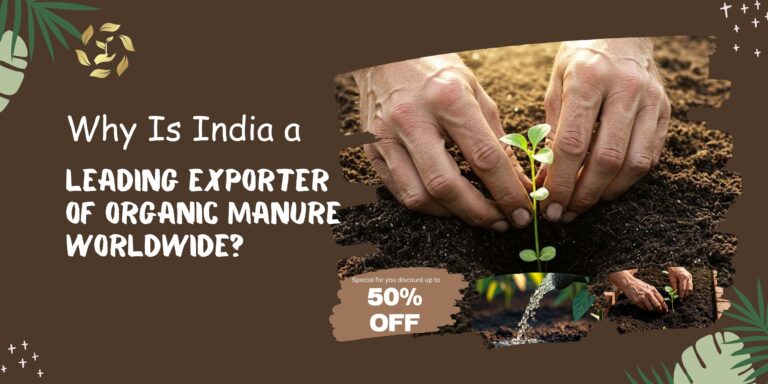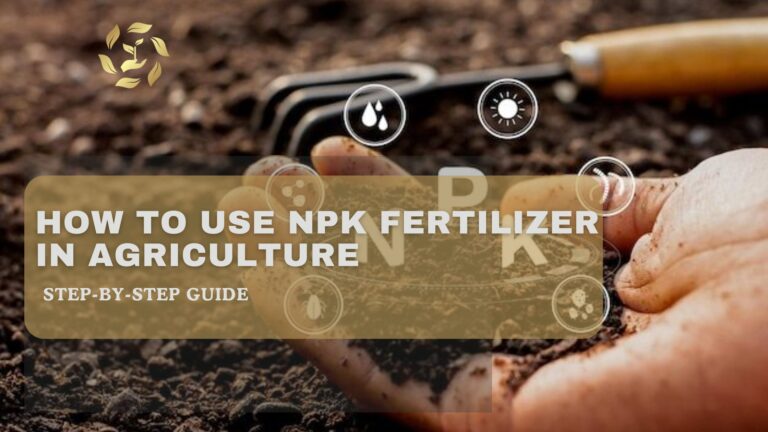Asiaflock Enterprises

Benefits of Using Bio Compost Organic Fertilizer in Agriculture
Sustainable farming is no longer a choice—it’s a necessity. Farmers across the world are shifting from chemical-based solutions to natural alternatives that nurture the soil and improve crop health. One of the most effective options is bio compost organic fertilizer. This eco-friendly solution enriches the soil, boosts productivity, and ensures long-term agricultural sustainability. In fact, demand is growing rapidly as both domestic farmers and global markets look for trusted sources, and India is emerging as a strong organic fertilizers exporter.
Did You Know?
Farmers who learn how to make organic compost fertilizer can turn waste into wealth—saving money while boosting yields.
What is Bio Compost Organic Fertilizer?
Bio compost organic fertilizer is a nutrient-rich product made by recycling organic waste such as crop residues, animal manure, and biodegradable matter. Unlike chemical fertilizers, it provides balanced nutrition and improves soil structure without harmful side effects. It not only adds essential nutrients but also enhances the soil’s microbial activity, making it fertile for the long run.
Key Benefits of Using Bio Compost Organic Fertilizer
1. Improves Soil Fertility
One of the major advantages is its ability to restore soil health. By adding organic matter and natural nutrients, bio compost organic fertilizer improves soil aeration, water retention, and microbial diversity. Over time, this reduces dependency on synthetic fertilizers.
2. Enhances Crop Yield and Quality
Farmers notice better germination rates, stronger root systems, and healthier plants. The balanced nutrient release ensures crops get continuous nourishment, resulting in higher yields and superior quality produce.
3. Environmentally Friendly Farming
Unlike chemical fertilizers, bio compost does not pollute groundwater or degrade soil. It contributes to sustainable farming by reducing carbon footprints and protecting biodiversity.
4. Cost-Effective Alternative
Since bio compost can be prepared from locally available organic waste, it reduces input costs for farmers. Those who learn how to make organic compost fertilizer can create their own natural manure, saving money while producing healthier crops.
5. Long-Term Soil Health
Chemical inputs may give instant results, but they often harm soil fertility in the long run. In contrast, bio compost organic fertilizer nurtures the soil naturally, ensuring productivity for generations.
Types of Organic Fertilizers and Compost
When we talk about types of organic fertilizers and compost, several options are available for farmers:
- Farmyard Manure (FYM): Made from cattle dung and agricultural waste, it provides a steady nutrient supply.
- Vermicompost: Produced with the help of earthworms, rich in nitrogen and essential micronutrients.
- Green Manure: Plant residues and leguminous crops plowed back into the soil to enrich fertility.
- Composted Crop Residues: Recycling crop leftovers into valuable nutrients for the next harvest.
- Bio Compost Organic Fertilizer: An advanced version enriched with beneficial microbes and organic matter.
Each type has unique benefits, but bio compost stands out for its balanced nutrition and eco-friendly approach.
Growing Demand for Organic Compost Fertilizer in India
The shift towards sustainable agriculture has increased the demand for organic compost fertilizer in India. With a rise in health-conscious consumers and government initiatives promoting organic farming, more farmers are adopting bio compost solutions. States like Maharashtra, Karnataka, and Uttar Pradesh are seeing large-scale usage, making India a leader in sustainable crop production.
Bio Compost Organic Fertilizer vs Chemical Fertilizers
Chemical fertilizers may seem effective initially, but over time, they deplete soil nutrients and increase acidity. This not only affects soil productivity but also adds to environmental concerns. Many farmers who once relied on chemical products are now shifting to plant growth fertilizer options like bio compost, which balance productivity with sustainability.
Interestingly, the agricultural sector also impacts chemical and fertilizer stocks in the financial markets. As more investors back eco-friendly innovations, the focus is shifting toward natural fertilizers that support sustainable agriculture.
How to Make Organic Compost Fertilizer at Home or Farm
For farmers and gardeners who want to cut costs, learning how to make organic compost fertilizer is a smart choice. Here’s a simple process:
- Collect organic waste (vegetable peels, dry leaves, crop residues).
- Mix with animal manure for added nutrients.
- Place in a compost pit or container, ensuring proper aeration.
- Keep moist but not waterlogged.
- Turn the pile every few weeks to speed up decomposition.
- Within 2–3 months, you’ll have nutrient-rich compost ready to use.
By adopting this practice, farmers reduce waste and create natural fertilizers for their crops.
Global Market Trends in Organic Fertilizers
As food safety and sustainability gain global attention, natural fertilizers are becoming a crucial part of agriculture. Countries around the world are looking for reliable suppliers, and India’s role as a leading organic fertilizers exporter makes it a trusted source. The growing shift from chemical-based farming to organic cultivation means the demand for bio compost will continue to rise worldwide.
At the same time, organic farming supports better opportunities for organic vegetables export from India, strengthening the country’s position in the global agricultural trade.
Grow Smarter, Grow Greener: Partner with Asia Flock for Organic Farming Success
The benefits of using bio compost organic fertilizer in agriculture are undeniable—it boosts soil fertility, enhances crop quality, and ensures sustainable farming. With rising demand globally, India is not just meeting domestic needs but also strengthening its role in exports.
If you are a farmer, trader, or agribusiness looking to switch to natural solutions, partner with Asia Flock for premium-quality bio compost organic fertilizers and grow your business with confidence.
Key Takeaways
- Bio compost organic fertilizer improves soil health, crop yield, and sustainability.
- It is a cost-effective and eco-friendly alternative to chemical fertilizers.
- Various types of organic fertilizers and compost are available, but bio compost offers balanced nutrition.
- India is witnessing a rising demand for organic compost fertilizer, supported by consumer awareness and government initiatives.
- With growing global demand, India is a strong organic fertilizers exporter contributing to sustainable farming worldwide.
Frequently Asked Questions
Q1. What is bio compost organic fertilizer?
It is a nutrient-rich fertilizer made from organic waste, used to improve soil fertility and support sustainable farming.
Q2. How does bio compost benefit crops?
It enhances soil structure, improves water retention, boosts microbial activity, and ensures higher crop yields.
Q3. How to make organic compost fertilizer at home?
Collect organic waste, mix with manure, maintain moisture, and allow it to decompose for 2–3 months to create natural fertilizer.
Q4. What are the types of organic fertilizers and compost?
They include farmyard manure, vermicompost, green manure, crop residue compost, and bio compost enriched with microbes.
Q5. Why is organic compost fertilizer in India gaining popularity?
Because of growing demand for chemical-free food, government support, and rising awareness among health-conscious consumers.



